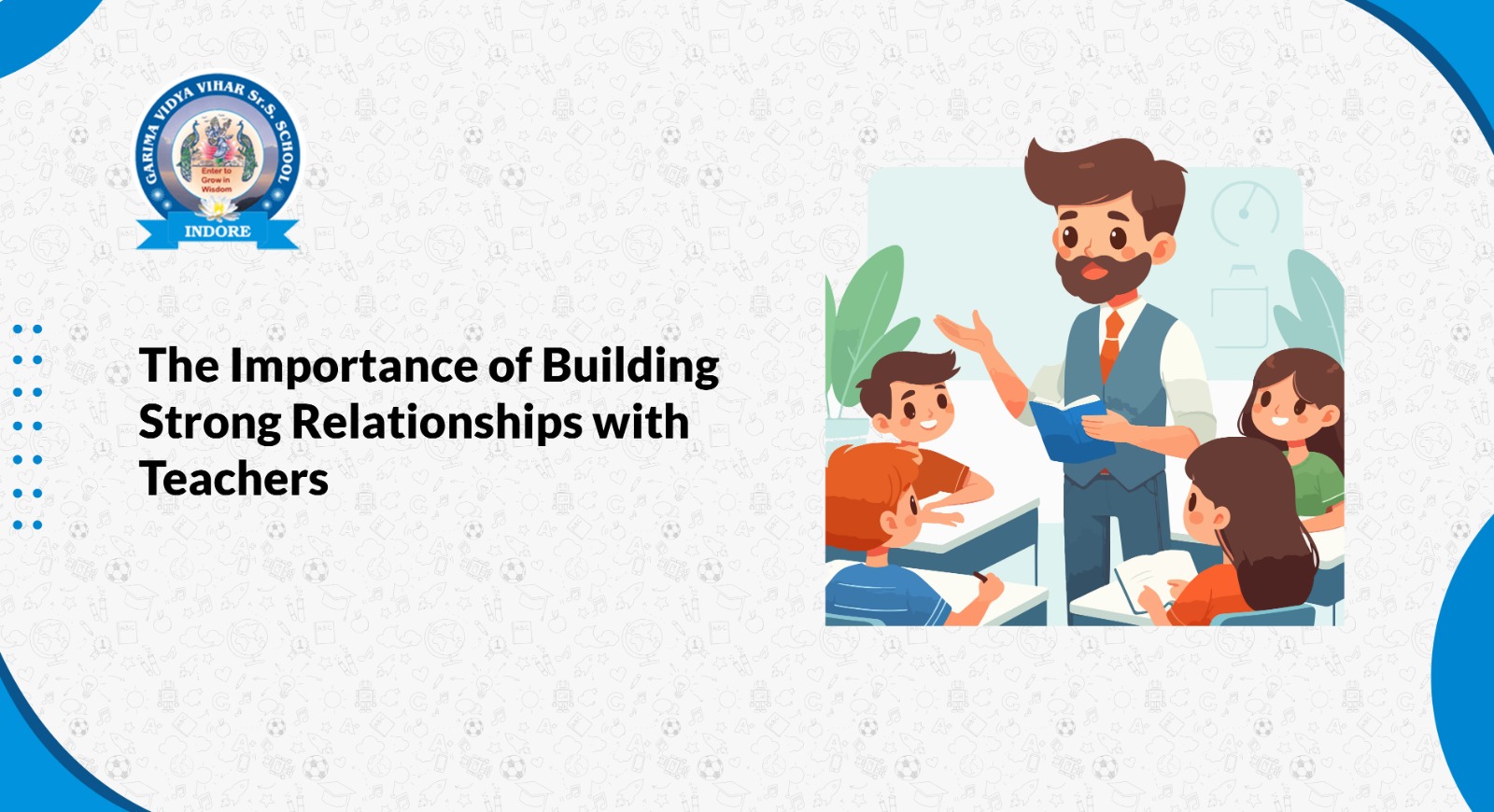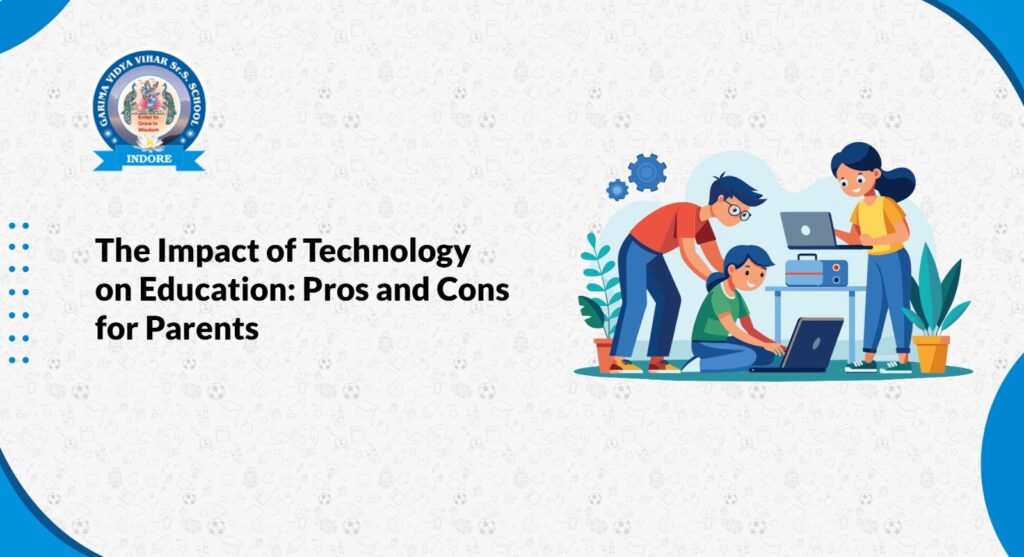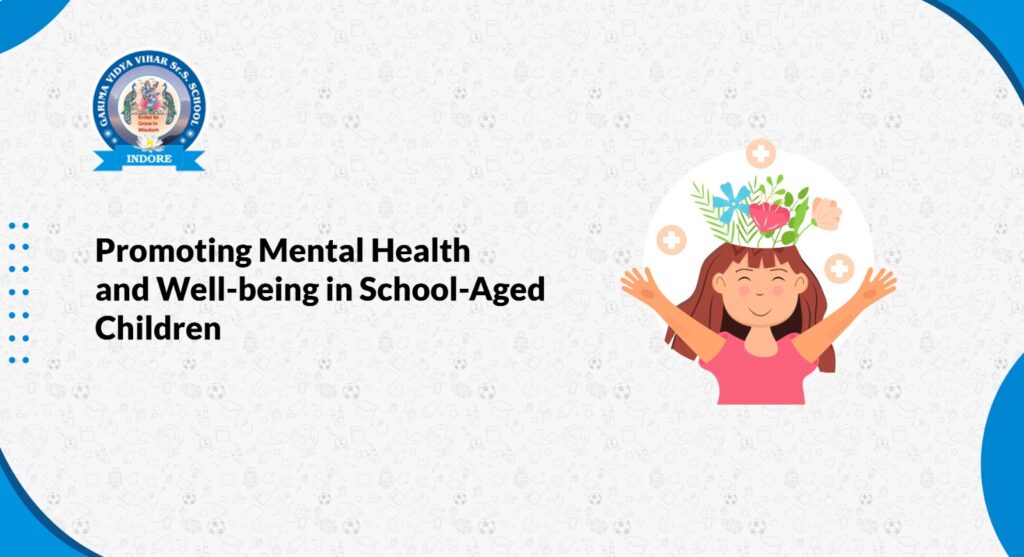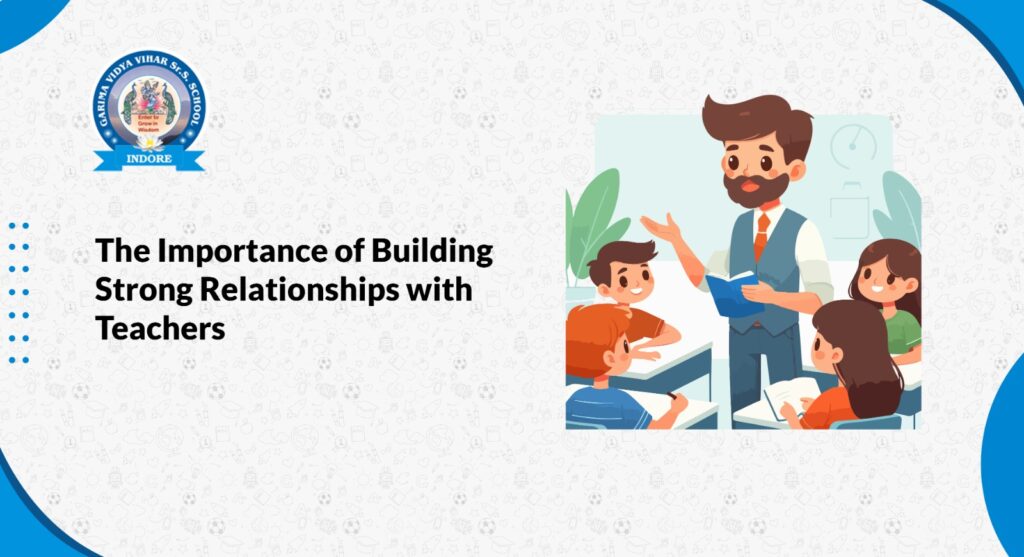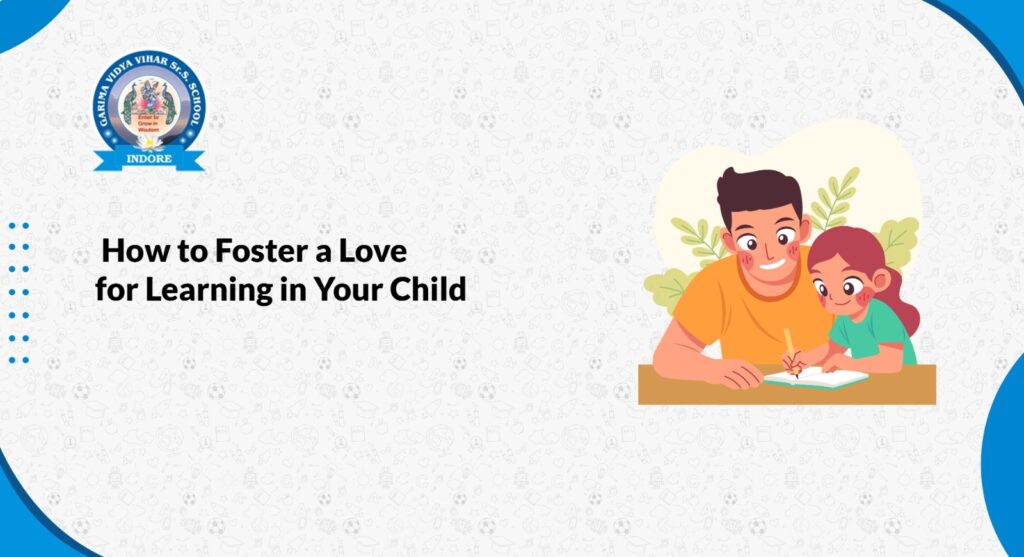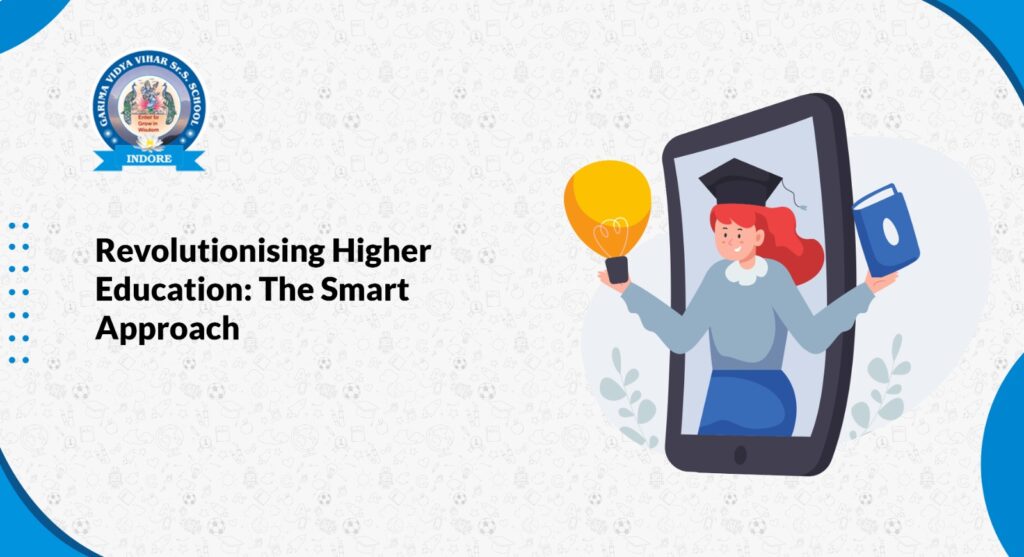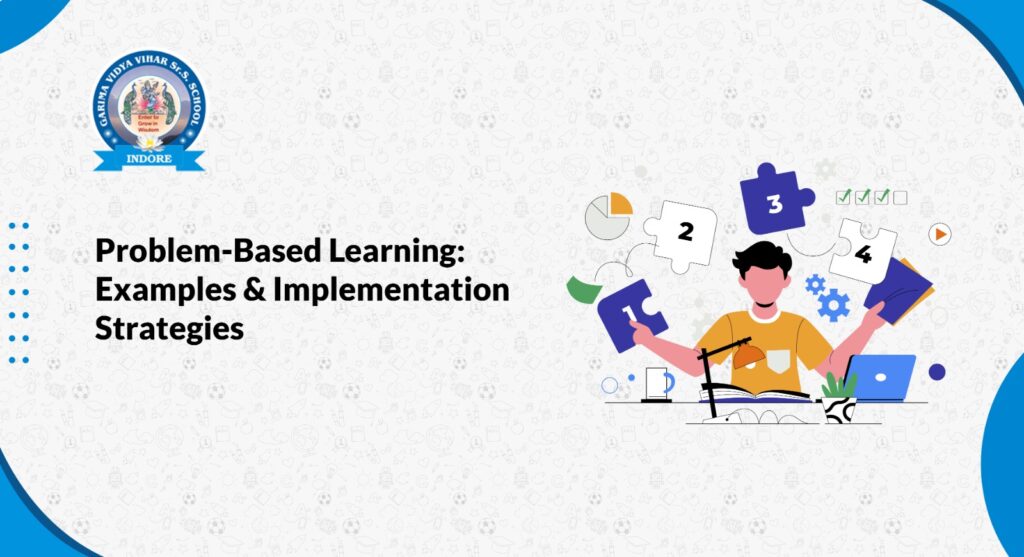The relationship between students and teachers is a critical component of the educational experience. A strong, positive relationship with teachers can significantly enhance a student’s academic performance, emotional well-being, and overall development. Here are several reasons why building strong relationships with teachers is essential and how it can be achieved.
Fostering a Positive Learning Environment
A positive student-teacher relationship creates a supportive and nurturing learning environment. When students feel valued and understood by their teachers, they are more likely to participate actively in class, ask questions, and engage with the material. This sense of security and belonging can lead to improved academic outcomes and a more enjoyable learning experience.
Boosting Academic Achievement
Students who have strong relationships with their teachers often perform better academically. Teachers who understand their students’ strengths, weaknesses, and interests can tailor their teaching methods to meet individual needs. This personalized approach helps students grasp difficult concepts more easily and encourages them to strive for excellence.
Enhancing Emotional and Social Development
Teachers play a crucial role in the emotional and social development of their students. A supportive teacher can help students navigate challenges, build resilience, and develop healthy coping mechanisms. By providing guidance and encouragement, teachers can foster self-confidence and a positive self-image in their students.
Encouraging a Growth Mindset
A strong relationship with teachers can promote a growth mindset in students. Teachers who praise effort, perseverance, and progress rather than just achievement help students understand that intelligence and abilities can be developed through hard work and dedication. This mindset encourages students to embrace challenges and view failures as opportunities for growth.
Improving Classroom Behaviour
Positive relationships with teachers can lead to better classroom behaviour. When students feel respected and understood, they are more likely to respect their teachers and adhere to classroom rules. This mutual respect creates a more harmonious and productive classroom environment, benefiting all students.
Facilitating Open Communication
Effective communication is the cornerstone of strong student-teacher relationships. When students feel comfortable expressing their thoughts, concerns, and ideas, it fosters a culture of open dialogue. This communication helps teachers identify and address issues early, provide timely support, and adapt their teaching strategies to better suit their students’ needs.
Building Lifelong Learning Habits
Teachers who build strong relationships with their students inspire a love for learning that extends beyond the classroom. By acting as role models and mentors, teachers can instil a passion for knowledge and curiosity that students carry with them throughout their lives.
Supporting Parents and Families
Strong relationships between teachers and students also benefit parents and families. Teachers who know their students well can provide valuable insights and support to parents, helping them understand their child’s needs and progress. This collaboration between teachers and parents creates a unified approach to supporting the child’s education and development.
At Garima Vidya Vihar, we recognise the profound impact that strong student-teacher relationships have on educational outcomes and personal development. Our dedicated educators are committed to creating a nurturing and supportive environment where every student feels valued and understood. By fostering open communication, mutual respect, and personalized attention, Garima Vidya Vihar strives to build lasting relationships that inspire and empower our students to achieve their full potential.
Building strong relationships with teachers is a foundational aspect of a successful educational journey. It enhances academic performance, emotional well-being, and lifelong learning habits. By prioritizing these relationships, we can create a more supportive, engaging, and effective learning experience for every student.

